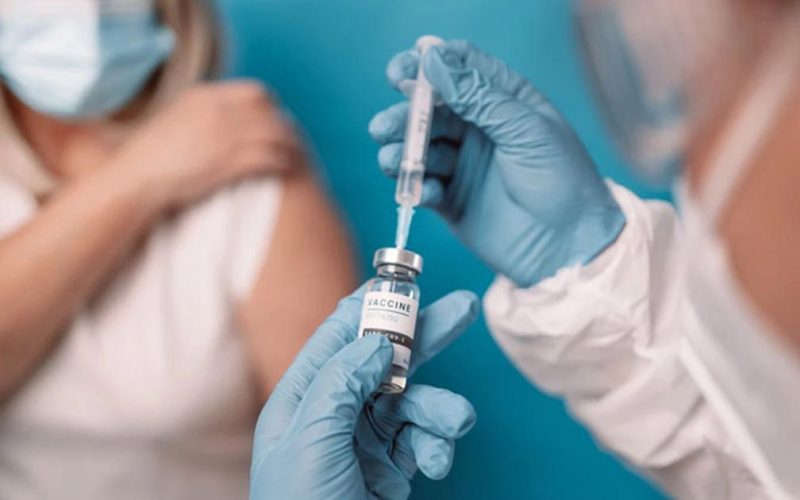A recent review by an international consortium of scientists has raised concerns about the safety profile of COVID-19 mRNA vaccines.
The review focuses on an ingredient called N1-methyl-pseudouridine (m1Ψ) that is present in Pfizer-BioNTech’s vaccine.
While m1Ψ was included to enhance the vaccine’s efficacy, the review suggests that it may have long-term implications, including immune suppression and potential carcinogenic effects.
The inclusion of m1Ψ appears to inhibit key immunological pathways and impair the body’s early interferon signaling, which can foster an environment conducive to cancer development and metastasis.
The review recommends that future clinical trials for cancers or infectious diseases should not use mRNA vaccines with a 100% m1Ψ modification to avoid immune suppression.
This review comes as new cases of cancer are predicted to reach a new high in 2024, with an expected 2 million new cases.
Doctors are baffled by the sudden rise in cancer among young people, and there is growing evidence linking the mRNA vaccine to cancer progression.
Renowned oncologist Dr. Angus Dalgleish has written an open letter urging medical journals to prioritize valid informed consent for COVID vaccination due to the rapid progression of cancers and other diseases among “boosted” individuals.
Additionally, a pro-vaccine doctor in Belgium experienced worsened lymphoma symptoms after receiving the mRNA vaccine booster dose.
These findings raise serious concerns about the long-term effects of mRNA vaccines and highlight the need for further research and consideration of alternative vaccine options.

